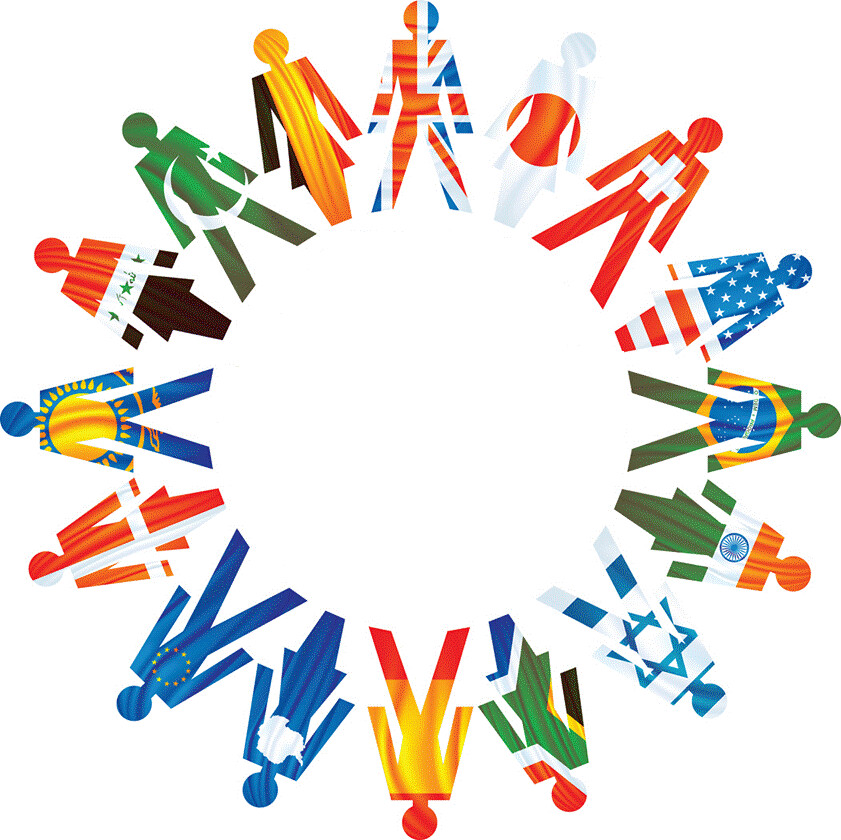Political Sociology
Political sociology is the study of the relations between state, society and citizens. It is traditionally concerned with how social trends, dynamics, and structures of domination affect formal political processes, as well as exploring how various social forces work together to change political policies. From this perspective we can identify three major theoretical frameworks: pluralism, elite or managerial theory and class analysis. Pluralism sees politics primarily as a contest among competing interest groups. Elite or managerial theory is sometimes known as state centered approach. It explains what the state does by looking at constraints from organizational structure and interest that arise from the state as a unique, power concentrating organization. Social class theory analysis emphasizes the political power of capitalist elites. It can split into two parts: one is the power structure approach, whereas another is the structuralist approach. The power structure approach focuses on who rules. The structuralist approach emphasizes on the way a capitalist economy operates; only allowing the state to do some things but not others. All of these theories describe the effects and relationship between state, society, and its citizens. Politics is also a social institution created to fill the social needs of allocating power, determining authority, and preventing chaos. It is made up of political parties, congress, parliament, or can be a monarchy.
Works Cited
Henslin, James M. "Chapter 4: Social Structure and Social Interactions."Sociology:A Down-to-Earth Approach: Pearson New International Edition Harlow: Pearson Education Limited, 2014. 93 123. Print

